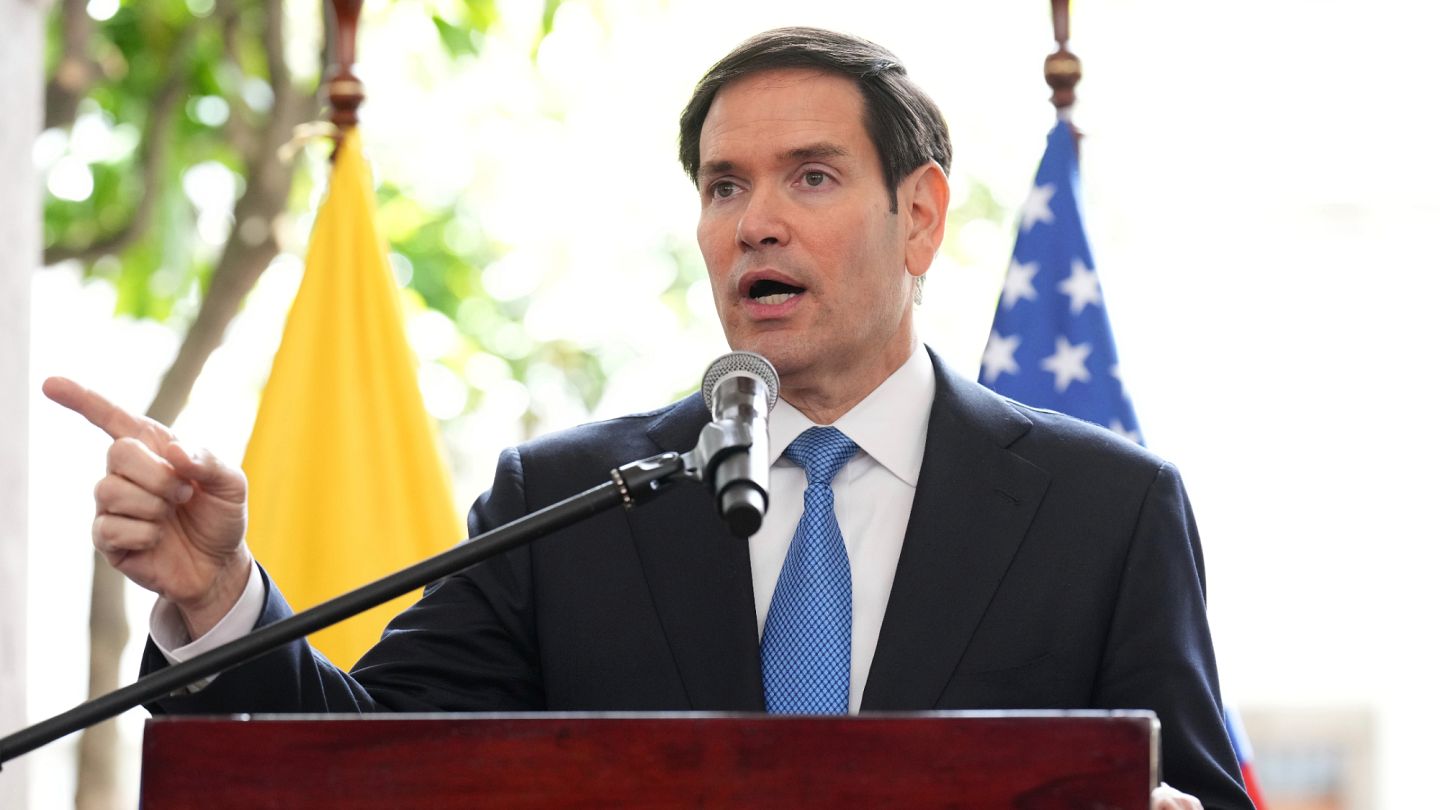
Secretary of State Marco Rubio is set to arrive in Israel on Sunday for a two-day visit, which follows shortly after his meeting with Qatar’s prime minister on Friday, in what appears to be an effort by the United States to balance relations in the Middle East.
During his visit, Rubio and Israeli leaders will discuss “operational goals” in Gaza, and America’s priorities in Israeli and broader Middle Eastern security, with an emphasis on the Trump administration’s commitment “to fight anti-Israel actions including unilateral recognition of a Palestinian state,” the State Department said.
The visit comes as efforts to broker a hostage release and ceasefire deal.
It comes days after Israel struck Doha, claiming it was targeting Hamas militants who had gathered in Qatar – a key mediator in Israel-Hamas negotiations – to discuss a US proposal for a ceasefire.
The attack sparked outrage in the Middle East, with Saudi Arabia, the United Arab Emirates and Qatar uniting in anger, which has disrupted Trump’s stated hopes of securing a wider Middle East peace deal.
On Tuesday, at the UN Security Council, the United States condemned the attack on Doha, and Trump promised Qatar it would not be repeated, claiming it “does not advance Israel or America’s goals.”
Rubio and Vice President JD Vance met Sheikh Mohammed bin Abdulrahman Al Thani at the White House. The Qatari prime minister later met with US President Donald Trump and special envoy Steve Witkoff in New York.
In a potential sign of Trump’s displeasure with Israeli Prime Minister Benjamin Netanyahu, Rubio will meet in Israel with the families of hostages still held by Hamas, many of whom are opposed to Israel’s new plans to occupy Gaza City. Rubio will “underscore that their relatives’ return remains a top priority,” the State Department said.
“I think this is an emergency tour designed to show some kind of solidarity after the Doha strikes,” former US diplomat Aaron David Miller who worked on Israel-Palestinian and other Middle East issues from 1978 to 2003 said.
“They are trying to navigate a delicate balance, demonstrating irritation but in no way imposing any kind of meaningful actions against Israel,” said Miller, “This is a fine line the administration is walking.”